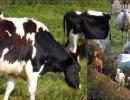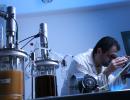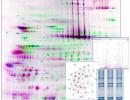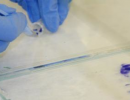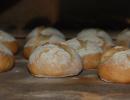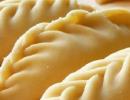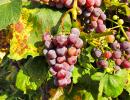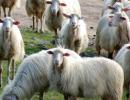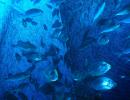S.P. 55 Porto Conte - Capo Caccia
km 8,400 Loc. Tramariglio
07041 Alghero (SS) Italy
Postal address: Porto Conte Ricerche S. r. l. - Casella Postale 84 07040 Santa Maria La Palma (SS) – Italy
Ph [+39] 079 998400 - Fax [+39] 079 998567
Email [email protected]
The traditional productions
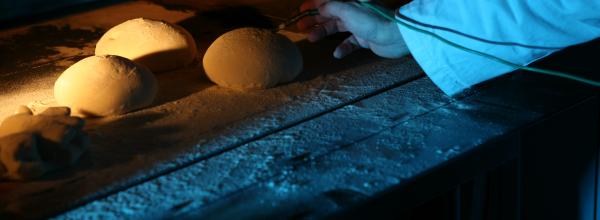
The “traditional business” category is represented by companies with a local and family background.
The majority of companies operating in the agribusiness sector in Sardinia belong to this “category”. More than 100 of these have participated in business innovation initiatives organised by Porto Conte Ricerche over the past 5 years.
The sectors mainly covered by Porto Conte Ricerche are:

